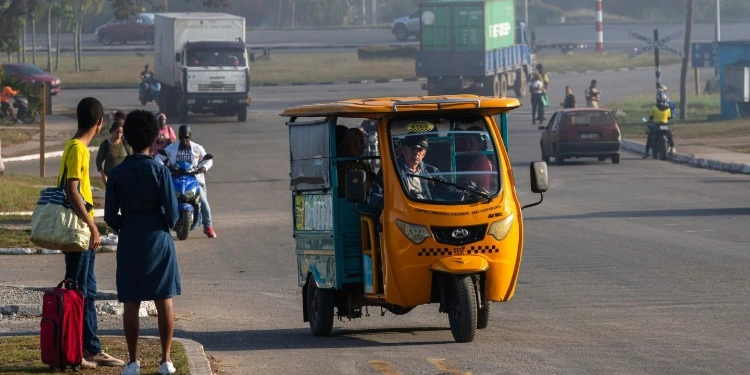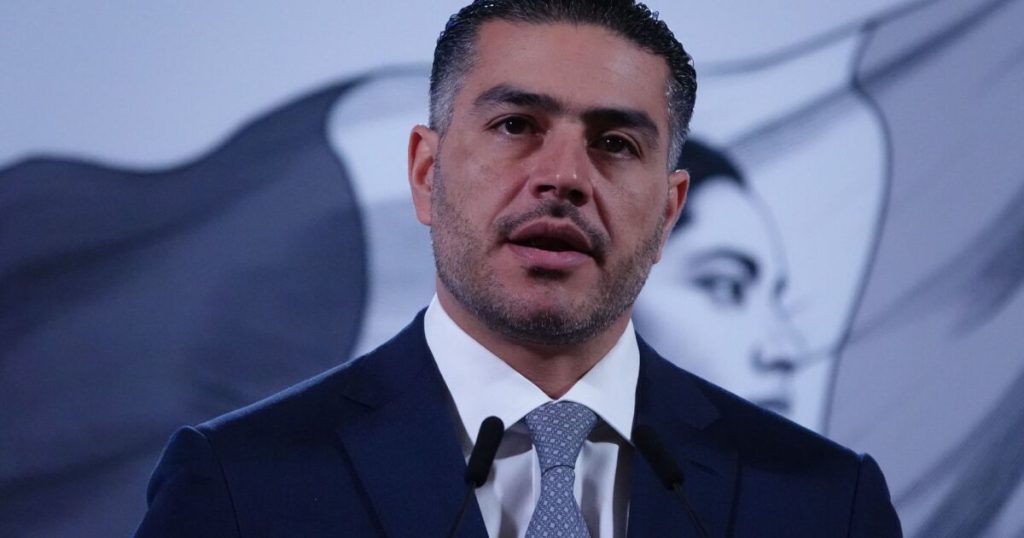SLP, Mexico.- The Minister of Transport of Cuba, Eduardo Rodríguez Dávila, recognized that 2024 was a year where “some” of the indicators of the Transportation sector were not met and the objectives set for the year that has just concluded were not achieved.
“The reality is that a year ends in which some of the indicators of the different types of transportation in the country are not met,” the official wrote on Facebook, in a mea culpa where admitted that the crisis persists in the sector.
In a triumphalist tone, the representative of the regime spoke of “achievements” but acknowledged that the objectives “of improving passenger and cargo transportation services, increasing the availability of means of transportation and ultimately transporting more people” were not achieved. .
Although he argued that “advanced” In some aspects, the extension of electric tricycles to other provinces, the reopening of some railway services are “still very far from needs.”
Nor was the process of legalizing vehicles assembled by parts and pieces (VAP) expedited, or the updating of the policy for the marketing of vehicles in Cuba.
In conclusion, the little progress was due to “the delivery of the carriers” but mobility for citizens has not improved.
Without providing specific figures, he expressed that “as in previous years and fundamentally with the contribution of aviation, during 2024 significant contributions in foreign currency to the country’s economy, by providing airport services that connect us with the world and enable the development of tourism.”
This 2024 has been one of the worst for transportation in Cuba, to the point of paralyzing urban routes due to lack of fuel.
In September, the Government of Pinar del Río reported that the service of public transport in the municipal seat for a weekend due to not having fuel.
The decision contemplated not providing service on intermunicipal routes, from the municipal seat to the rest of the territories.
The minister himself had already revealed that the regime’s cargo transportation plan was only 60.5% fulfilled in the first half of 2024, which represented a notable decrease compared to the same period in 2023.
“At the end of the first half of 2024, 14.9 million tons were transported, out of a plan of 24.6 million, for 60.5% execution,” he noted.
The report also indicated that in the same period of the previous year, 18.7 million tons were transported, which implies a decrease of 3 million tons in just one year. “The greatest weight of non-compliance is in the sugar harvest“.















